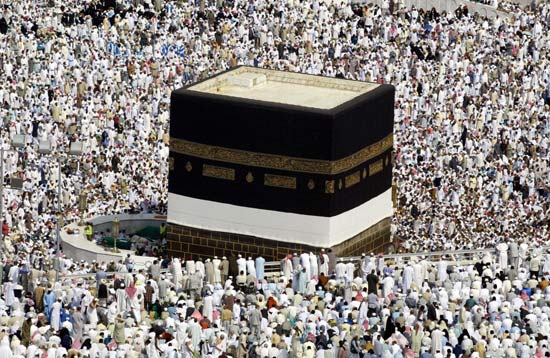Tafseer Surah Burjooj: Fitnah
This is post #27 in our series on Tafseer of Juz ‘Amma (click the link to see all posts in this series).
Allah says, in Surah Al-Burooj:
وَالسَّمَاءِ ذَاتِ الْبُرُوجِ
وَالْيَوْمِ الْمَوْعُودِ
وَشَاهِدٍ وَمَشْهُودٍ
قُتِلَ أَصْحَابُ الْأُخْدُودِ
Translation: By the sky containing great stars. And [by] the promised Day. And [by] the witness and what is witnessed. Cursed were the companions of the trench. [Surah Al-Buruj, verses 1-4]
The story of Ashaab-ul-Burooj, the People of the Ditch, is pretty well-known; in fact, we have an entire 15-part series on this surah. Check it out insha’Allah.
Allah opens this surahs with testifications. Then he testifies: qutila ashaabul-‘uqdood. ‘uqdood is another word for ditch. Qutila, literally, means “they were killed.” But Ibn Abbaas (radiallahu anhu) said, whenever you read qutila in the Qur’an, it means lu’ina–cursed.
Allah cursed the People of the Ditch. And Allah is not in need of cursing–He can do anything, to anybody, anytime, anywhere. Lu’ina means, they were destroyed.
And they _are_destroyed.
So what great sin did they perpetrate in order to deserve this immense reward–not only being cursed and destroyed, but being documented in the Qur’an, to be recited until the end of time?
Let’s see.


